10 Everyday Phrases That Came From Weird Historical Events
Language is a fascinating tapestry woven with threads of history, culture, and human experience. Every day, we use phrases passed down through generations, often unaware of their origins or the strange events that birthed them. These phrases, seemingly mundane, carry with them stories that are as rich and varied as the cultures they come from. They are linguistic relics, whispering secrets of the past into our modern conversations. As we delve into the mysterious origins of 10 everyday phrases, we will uncover tales of bizarre historical events that shaped them, providing a window into the peculiarities of human history. This exploration not only enriches our understanding of language but also offers a glimpse into the societal norms and peculiar events that have influenced how we communicate. Join us as we unravel these linguistic mysteries, beginning with phrases rooted in the oddities of history.
1. "Bite the Bullet": A Painful Necessity
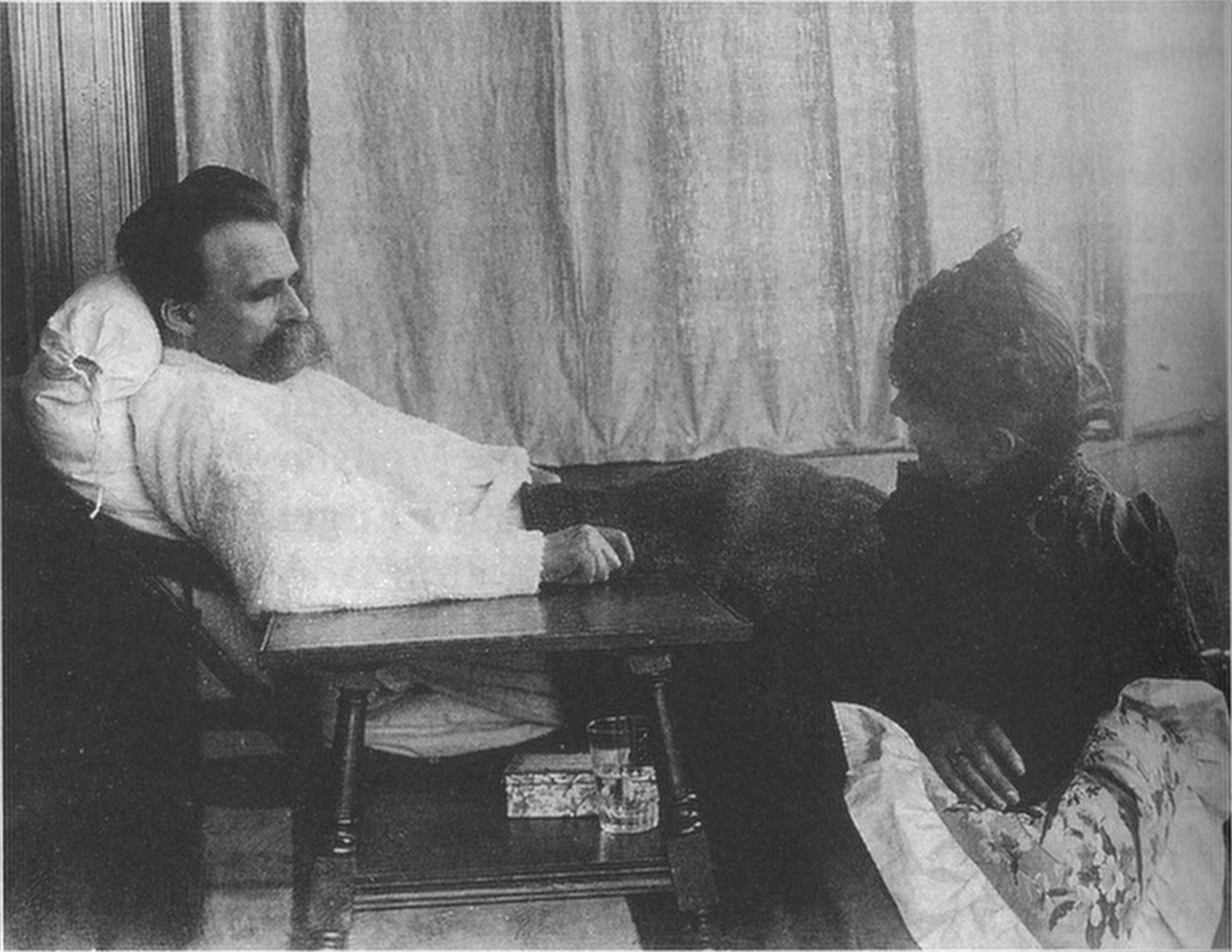
The phrase "bite the bullet" is often used to describe facing a painful or unpleasant situation with courage and stoicism. Its origins, however, are steeped in the grim realities of battlefield medicine in the 19th century. Before the advent of modern anesthetics, soldiers undergoing surgery had to endure excruciating pain. To prevent them from screaming or biting their tongues, they were given a bullet to clench between their teeth. This practice was especially common during the American Civil War, where medical resources were scarce, and amputations were frequent. The bullet was chosen for its size and availability, and biting down on it provided a small measure of control over the overwhelming pain. Over time, the phrase evolved to symbolize the courage required to endure hardship, transcending its bloody origins to become a metaphor used in everyday challenges.
2. "The Whole Nine Yards": A Full Measure of Mystery
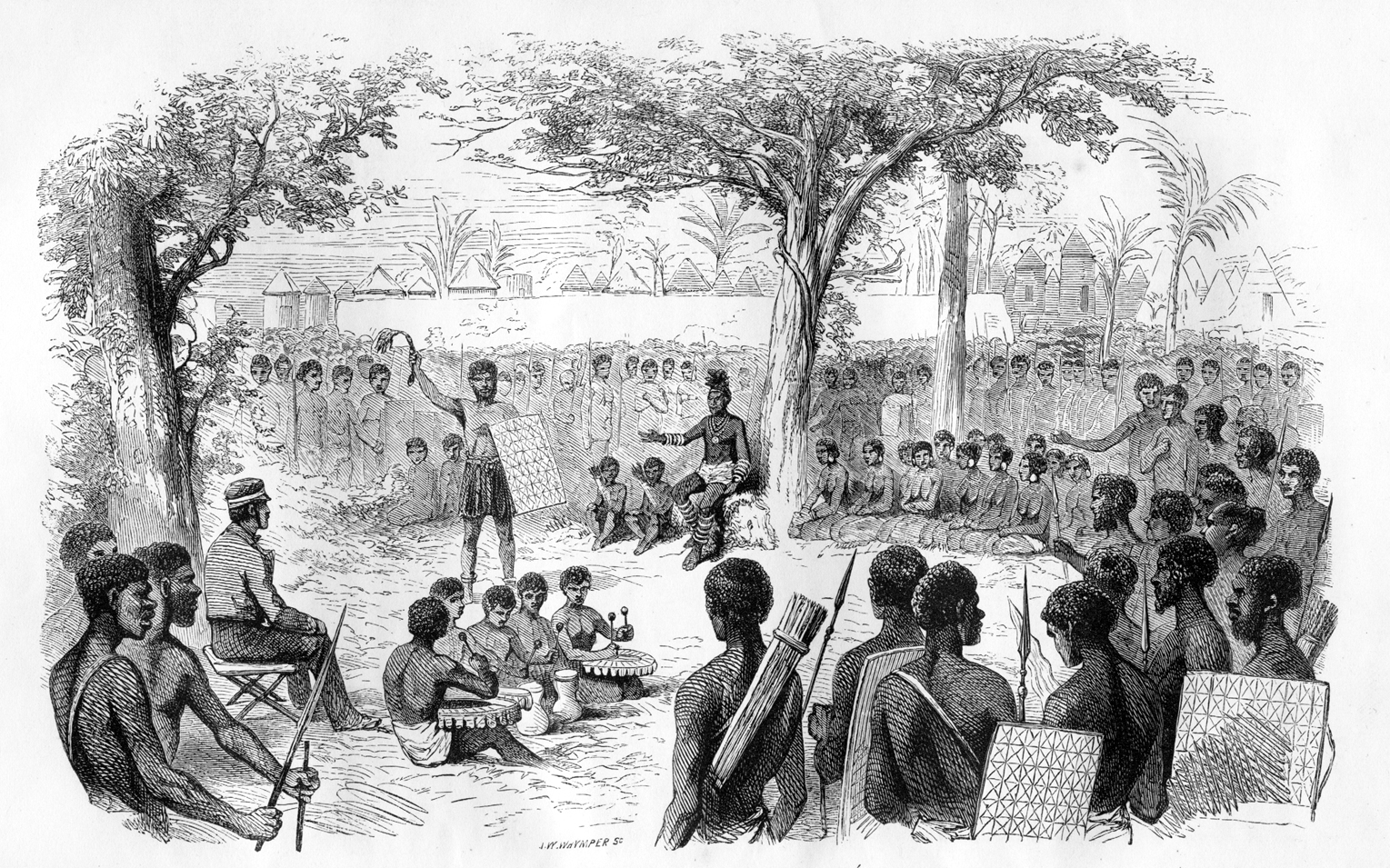
"The whole nine yards" is a phrase that signifies giving it your all or going the full distance. Despite its common usage, the phrase's origin remains one of the great unsolved mysteries of the English language. Numerous theories abound, each as intriguing as the next. One popular theory suggests that it refers to the nine yards of ammunition belts used by fighter planes in World War II, implying that a pilot who used "the whole nine yards" had given everything in battle. Another theory posits that it originated from the nine yards of cloth needed to make a full suit of a gentleman's finest attire. Despite the lack of consensus on its origins, the phrase has endured, capturing the imagination of linguists and historians alike. Its enigmatic past only adds to its allure, making it a perfect example of how language can both reveal and obscure history.
3. "Saved by the Bell": A Grave Misunderstanding
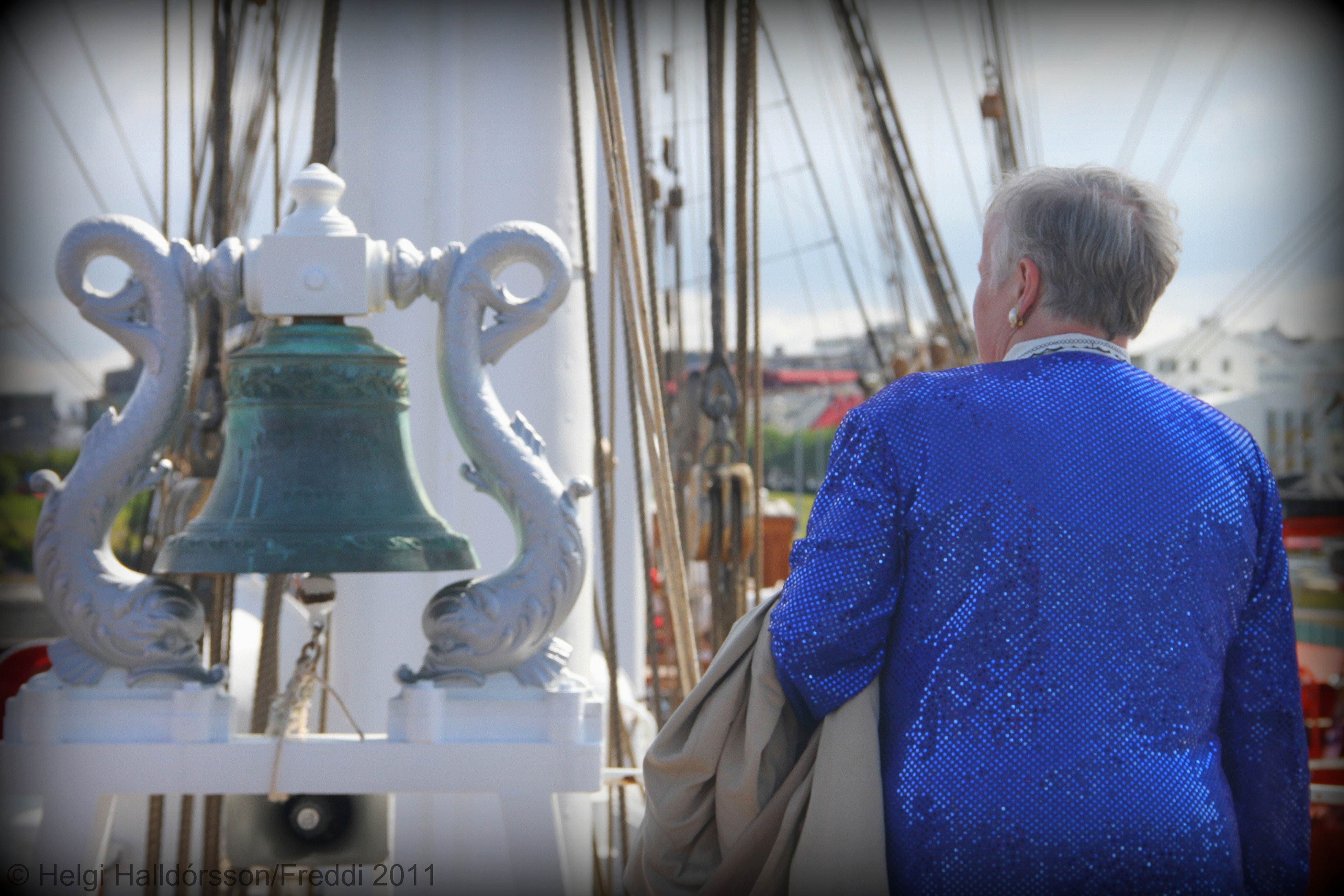
The phrase "saved by the bell" is commonly used to describe a timely intervention that prevents disaster. Its origins, however, are often mistakenly attributed to a macabre historical practice. In the 18th and 19th centuries, the fear of being buried alive was pervasive, leading to the invention of safety coffins equipped with bells. These devices allowed those accidentally buried to alert the living if they found themselves in such a predicament. While this explanation is popular, the phrase's true origin lies in the world of boxing. In the ring, a boxer facing defeat could be "saved by the bell," signaling the end of a round, granting a temporary reprieve. The phrase's evolution from the boxing ring to everyday language demonstrates how expressions can shift and adapt, often taking on new meanings that overshadow their original contexts.
4. "Read the Riot Act": From Law to Lingo
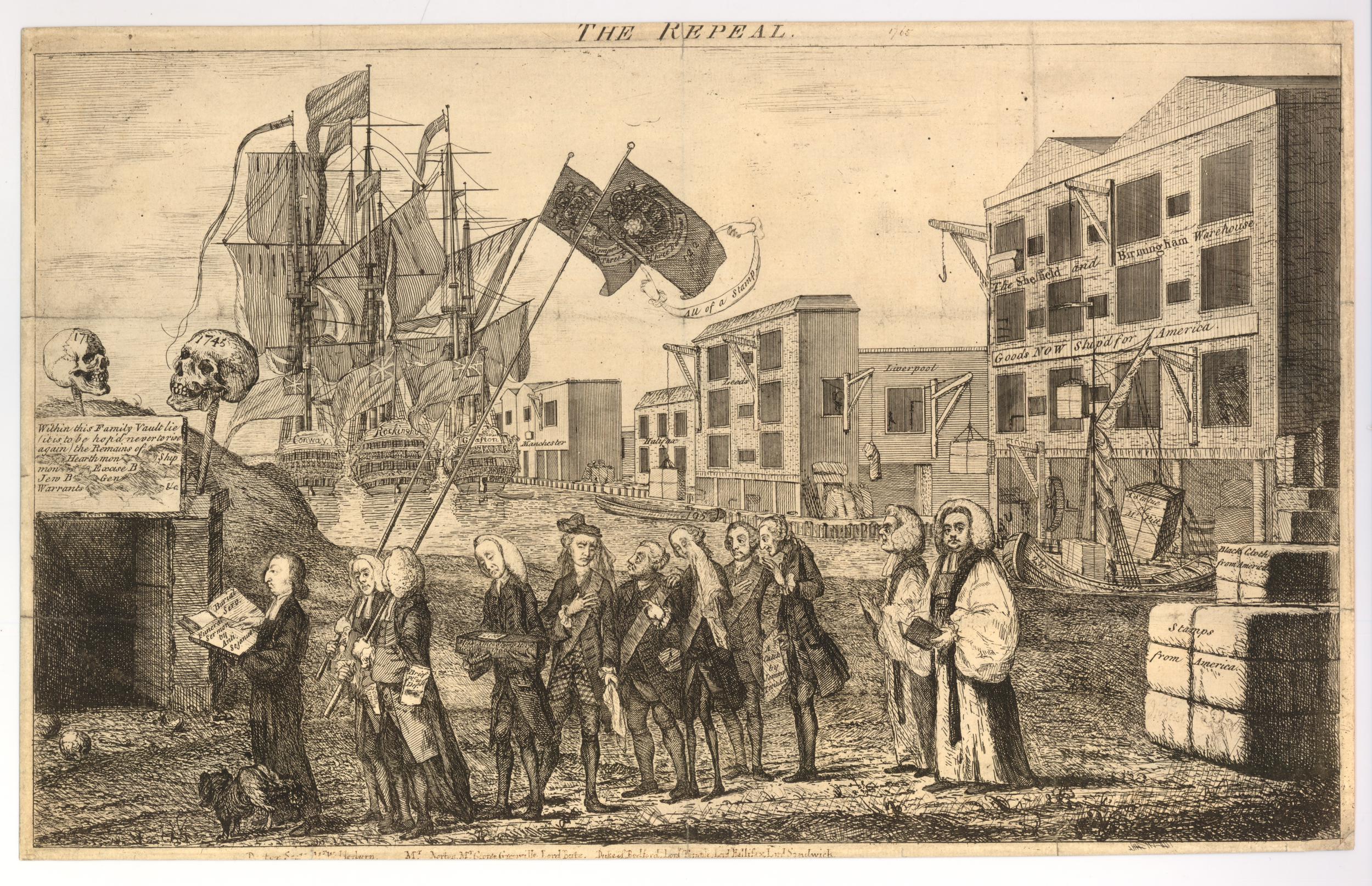
To "read the riot act" is to issue a stern warning or reprimand, often in a formal or authoritative manner. This phrase has its roots in a specific legal measure enacted in early 18th-century England. The Riot Act of 1714 was a real piece of legislation designed to prevent civil disorder. It required a group of twelve or more people to be read a proclamation ordering them to disperse. Failure to comply within an hour could result in severe penalties, including imprisonment. The act responded to the frequent riots and public disturbances of the time, reflecting the government's need to maintain order. Over time, "reading the riot act" became a metaphor for any stern warning or reprimand, illustrating how legal language can permeate everyday speech and evolve into a colloquial expression.
5. "Butter Someone Up": A Sticky Tradition

The phrase "butter someone up" is often used to describe flattering someone to gain favour or advantage. Its origins are believed to be rooted in an ancient Indian custom involving offering butter to the gods. In this ritual, clarified butter, or ghee, was thrown against statues of deities as a form of worship and appeasement. The act of "buttering up" the gods was meant to curry favour and ensure blessings. This practice of offering butter as a symbol of devotion and reverence eventually became a metaphor for flattery in human relationships. The transition from a religious ritual to a colloquial expression highlights the fluid nature of language and how cultural practices can influence linguistic evolution.
6. "Caught Red-Handed": A Bloody Discovery

To be "caught red-handed" means to be caught in the act of wrongdoing, especially with clear evidence. This phrase has its origins in the legal practices of medieval Scotland. During this time, the act of poaching was a serious offence, and those caught with the blood of a freshly killed animal on their hands were considered unequivocally guilty. The phrase "red-handed" was first recorded in Scottish legal documents in the 15th century, and it referred specifically to this incriminating evidence. Over time, the phrase expanded beyond its original context to encompass any situation where someone is caught in the act of a crime or misdeed. The vivid imagery of being "caught red-handed" has ensured its longevity in English as a stark reminder of guilt and accountability.
7. "Let the Cat Out of the Bag": A Costly Mistake

The phrase "let the cat out of the bag" means to reveal a secret, often inadvertently. Its origins are traced back to the bustling markets of medieval England, where unscrupulous traders would substitute a cat for a piglet in a sack, deceiving buyers. The phrase likely arose from the moment of discovery when the buyer opened the bag only to find a cat instead of the expected piglet. This practice of deception gave rise to the metaphor of revealing a hidden truth or secret. The phrase's evolution from a literal act of fraud to a figurative expression of disclosure reflects the colourful history of trade and commerce, where language often mirrored people's everyday experiences.
8. "Mad as a Hatter": A Toxic Legacy

The saying "mad as a hatter" describes someone eccentric or mentally unstable. Its origins lie in the 19th-century hat-making industry, where hatters were exposed to mercury nitrate used in the felting process. Prolonged mercury exposure caused a condition known as "hatter's shakes," characterized by tremors, hallucinations, and other neurological symptoms. This occupational hazard led to the stereotype of the "mad hatter," immortalized in Lewis Carroll's "Alice's Adventures in Wonderland." The phrase serves as a reminder of the industrial practices of the past and the impact of occupational hazards on language. It highlights how societal changes, such as improved safety standards, have transformed how we understand and use such expressions.
9. "Turn a Blind Eye": A Naval Defiance
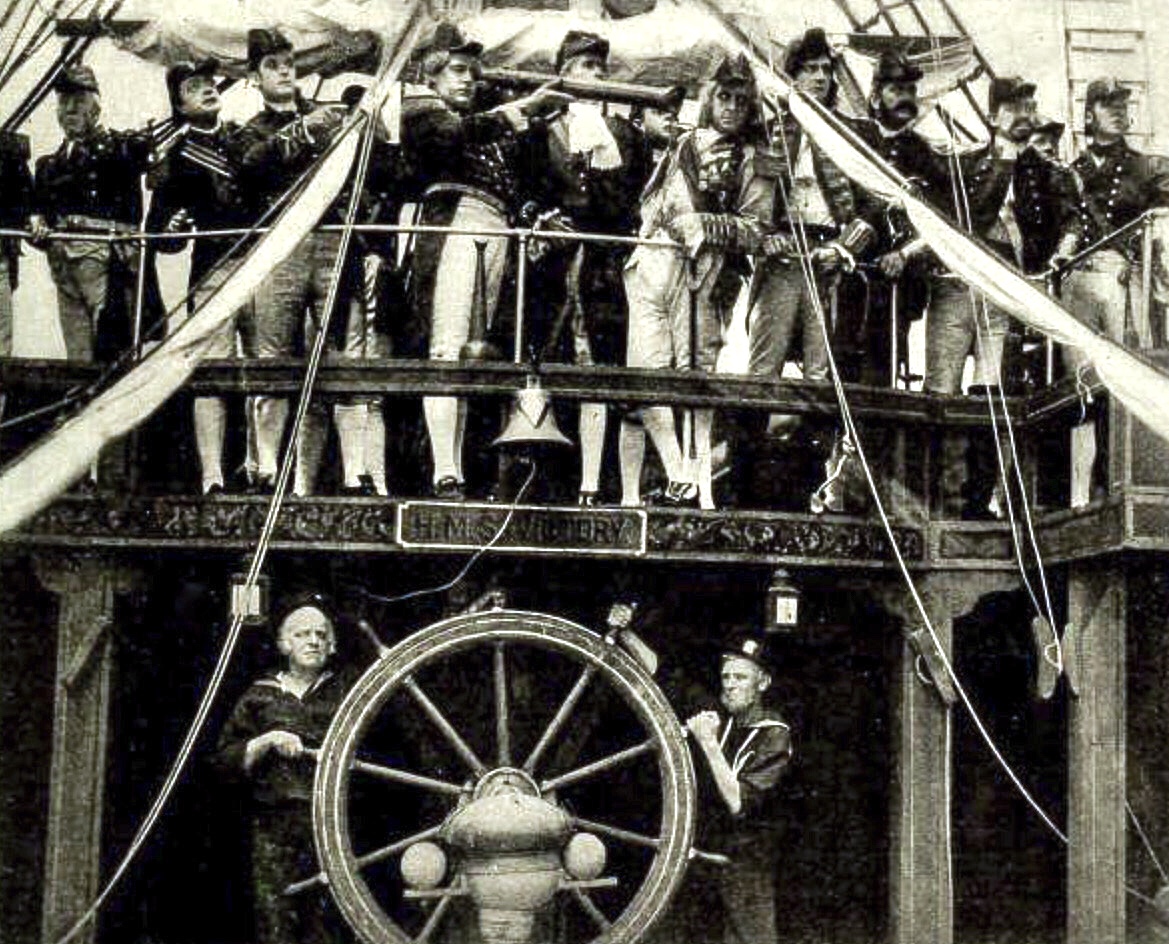
To "turn a blind eye" means to ignore something deliberately. The phrase is famously attributed to British Admiral Horatio Nelson, who, during the Battle of Copenhagen in 1801, allegedly used his blind eye to look through his telescope, ignoring a signal to retreat. Nelson's defiance led to a significant victory, and the phrase "turn a blind eye" symbolised willful ignorance or intentional disregard. This naval anecdote illustrates how individual actions can leave a lasting imprint on language, transforming personal defiance into a universal metaphor. The phrase's enduring popularity underscores the human tendency to selectively acknowledge inconvenient truths, a practice as relevant today as it was in Nelson's time.
10. "Break the Ice": From Ships to Social Interactions
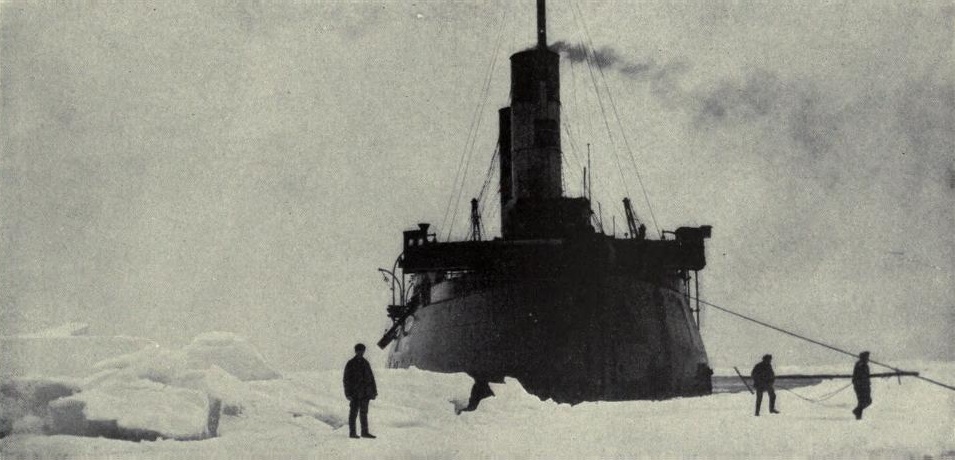
The phrase "break the ice" is used to describe the act of overcoming initial social awkwardness or establishing rapport. Its origins are nautical, referring to sending small ships ahead of larger vessels to break up ice and clear a path. This was particularly important in trade and exploration, where ice could impede progress. Over time, the phrase evolved to describe breaking through social barriers and facilitating communication and connection. The transition from a literal maritime practice to a metaphor for social interaction reflects the adaptability of language and its ability to capture the essence of human experience. The phrase remains a testament to the importance of breaking down barriers, whether they be physical or metaphorical.
As we have seen, the origins of everyday phrases are often rooted in the oddities and peculiarities of history. These expressions, born from bizarre events and practices, serve as linguistic time capsules, preserving the stories of our past. They remind us of the ever-evolving nature of language and its ability to capture the complexities of human experience. By delving into the mysterious origins of these phrases, we gain a deeper appreciation for the rich tapestry of history and the ways in which it continues to shape our communication. Language is not just a tool for expression; it is a living legacy, connecting us to the past and guiding us into the future. As we continue to use these phrases, we carry forward the stories and lessons they embody, ensuring that the quirks of history remain alive in our everyday conversations.







